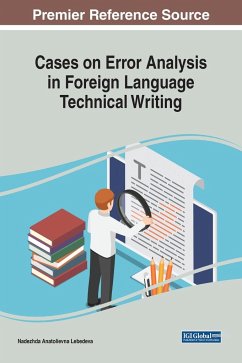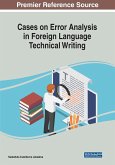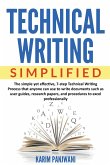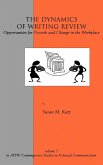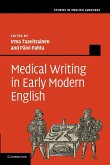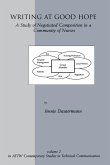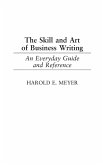There is a clear tendency to consider the errors committed by learners in the process of learning a foreign language not as a negative aspect but as a natural process in the development of their language skills. In the past, teachers and researchers pondered these errors as something unfavorable, something to prevent from occurring at all costs. In order to regulate this appearance of errors, many researchers in the field of foreign language technical teaching have started to study and track the errors made by these students. Knowing the most common types of errors is an important and necessary step to inform teachers about where to direct their efforts regarding the most problematic areas students face while producing their technical writing assignments in a foreign language. Cases on Error Analysis in Foreign Language Technical Writing provides relevant theoretical foundations and the latest empirical research findings in the area of error analysis in foreign language technical writing. This book also summarizes the experience of teaching a foreign language for professional purposes in various fields of higher education. Covering topics such as error analysis, lexical skills, and writing outputs, this casebook is an essential resource for preservice teachers, educators, administrators, librarians, researchers, and academicians.

